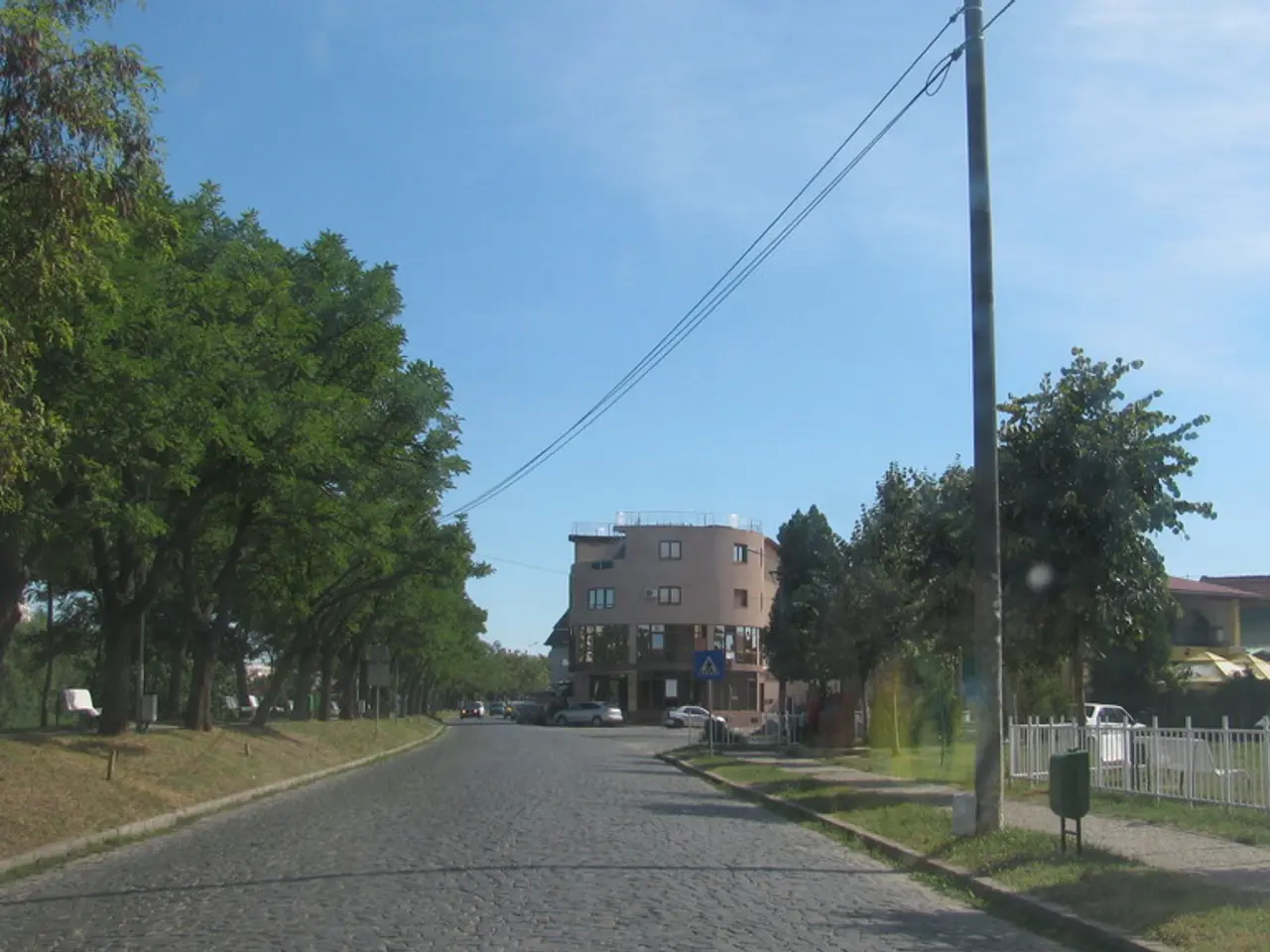Solar-powered vehicle, constructed by students, triumphs in 1,864-mile Australian race, beating international competitors
Solar-Powered EV Sophie 8X Wins Cruiser Class at Bridgestone World Solar Challenge
The solar-powered electric car Sophie 8X, built by students at the Vocational Training Council (VTC) in Hong Kong, has made history by winning the Cruiser class of the 2025 Bridgestone World Solar Challenge. This marks a significant milestone as it is the first time a student-built solar EV has been legally authorized to drive on public roads in Hong Kong and meet recognized automotive safety standards.
The Bridgestone World Solar Challenge is a renowned competition that tests engineering skill, racing strategy, and renewable energy innovation. Each edition of the event pushes the boundaries of what solar power can achieve in road vehicles. This year's challenge required cars to perform at the highest level of efficiency under extreme conditions, as competitors embarked on a 3,000-kilometer (1,864-mile) journey across the Australian outback, from Darwin to Adelaide.
Sophie 8X, equipped with custom-designed SiC motors, proved to be highly efficient. At cruising speeds of 100 kilometers per hour (62 mph), these motors can reduce energy consumption by 30 percent compared to conventional motors. The car also boasts a lightweight carbon fiber body, shaped using computational fluid dynamics (CFD) modeling to minimize drag, and in-wheel permanent magnet synchronous motors that are 18 percent lighter than those used in the 2023 version.
The team behind Sophie 8X rebuilt weather and road condition models to better optimize energy usage and plan strategy, which played a crucial role in their victory. The car uses just a 15.2 kWh battery and solar roof panels, making it more efficient than some heavyweight EVs.
The Delft University of Technology's Brunel team from the Netherlands won the Challenger Class of the same competition. Teams from Cambridge University, Stanford University, and Tokai University have all contributed to advancing solar technology in the Bridgestone World Solar Challenge.
Event Ambassador Chris Selwood praised the Sophie 8X team for their improvement, from finishing in the non-competitive class in 2023 to winning the Cruiser Cup in 2025. Sophie 8X completed the route in 44 hours, covering 3,021.5 kilometers (1,877.5 miles) at an average speed of 68.7 kilometers per hour (42.7 mph).
With its third-generation silicon carbide semiconductor controller boosting energy conversion efficiency, Sophie 8X is a shining example of what can be achieved when students combine their passion for renewable energy with innovative engineering. The success of Sophie 8X serves as an inspiration for future generations of engineers and a testament to the potential of solar-powered vehicles.
Read also:
- Antitussives: List of Examples, Functions, Adverse Reactions, and Additional Details
- Asthma Diagnosis: Exploring FeNO Tests and Related Treatments
- Mineral Alliances Promoted for Industrial Advancement in Africa
- New Ebola cases reported in the Democratic Republic of Congo, claiming lives of 15 individuals








